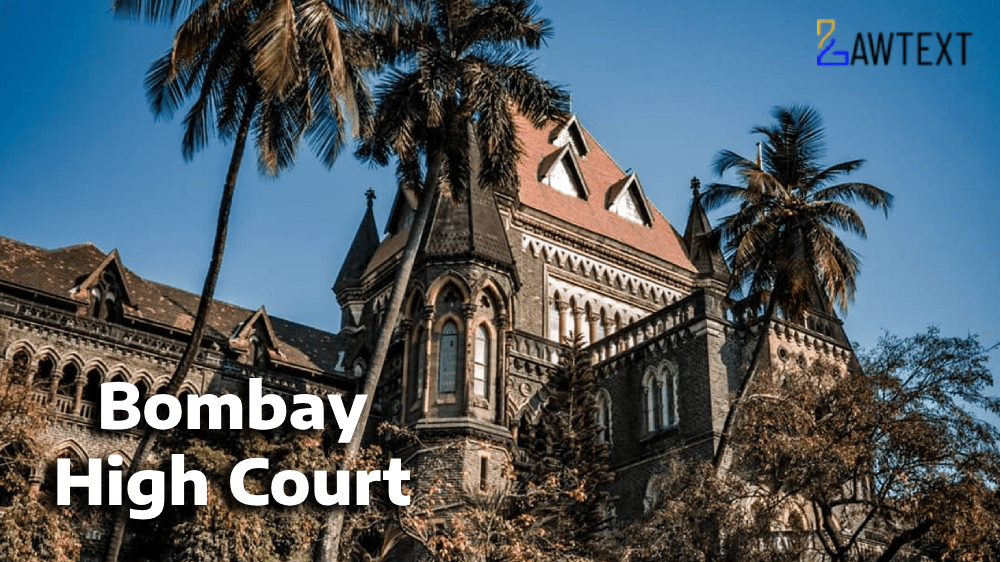CASE NOTE & SUMMARY
- Sections Discussed:
- Prevention of Food Adulteration Act, 1954: Sections 2(ia), 2(ia)(m), 7(1), 13(2), 16, and 17
- Code of Criminal Procedure (CrPC): Section 482
- Constitution of India: Article 227
- Key Issue: Directors sought quashing of the complaint for violation of the Prevention of Food Adulteration Act, citing lack of evidence for their involvement and the delay in filing the complaint.
2. Application by Directors:
- Grounds for Appeal:
- No Vicarious Liability: Applicants argued that there were no specific averments proving they were responsible for day-to-day business operations, as required under Section 17 of the Prevention of Food Adulteration Act.
- Delay in Filing Complaint: The samples were drawn in 2004, and the complaint was filed after 33 months, leading to loss of opportunity to challenge the analysis through re-examination of the sample by the Central Food Laboratory.
3. Respondent’s Arguments:
- The State argued that the applicants, as directors, were presumed responsible in the absence of a nominated person for day-to-day business.
- The complaint was delayed because the company belatedly supplied the names of responsible officers.
4. Court’s Observations:
- Vicarious Liability: Under Section 17 of the Act, in the absence of a nominated director or manager responsible for the business, directors are presumed responsible for any violation. No evidence was presented to prove otherwise.
- Right to Reanalyze Samples: Although there was a delay in filing the complaint, the directors did not exercise their right to request sample reanalysis within the prescribed 10-day period. Thus, they were found at fault for not utilizing this legal provision in a timely manner.
- Sample Condition and Best Before Date: The shelf life of the product was already over by the time of complaint, but the court emphasized that the directors’ inaction in seeking reanalysis was the primary issue.
Legal Ratio and Analysis:
1. Vicarious Liability under Section 17 of PFA Act:
The court emphasized that Section 17 places liability on directors unless a person responsible for the company's business is nominated. Since no such nomination was made, the directors were deemed liable for the alleged offense.
2. Delay in Complaint Filing and Prejudice:
While the delay in complaint filing could affect the condition of the samples, the court held that the right to challenge the analysis was lost due to the directors' own inaction. Thus, the delay did not justify quashing the complaint.
3. Applicability of Precedents:
The court considered previous judgments, such as Marico Ltd. v. State of Delhi and State of Haryana v. Brij Lal Mittal, and concluded that the current case aligned more with the latter, where delay in complaint filing did not automatically quash the prosecution.
Acts and Sections Discussed:
- Prevention of Food Adulteration Act, 1954:
- Section 7(1): Prohibits the manufacture, sale, or distribution of adulterated food.
- Sections 2(ia), 2(ia)(m): Define food adulteration and its parameters.
- Section 13(2): Provides the accused with the right to challenge the food sample analysis.
- Sections 16 & 17: Outline penalties and corporate liability for food adulteration.
- Criminal Procedure Code (CrPC), Section 482:
This section empowers the court to quash proceedings in exceptional circumstances, which the court deemed inapplicable here due to the lack of proper grounds.
Subjects:
Prevention of Food Adulteration, Corporate Liability, Vicarious Responsibility, Sample Analysis, Food Safety, Criminal Procedure, Legal Precedents, Bombay High Court
Citation: 2024 LawText (BOM) (9) 235
Case Number: CRIMINAL APPLICATION NO.344 OF 2010
Date of Decision: 2024-09-23
Case Title: Anil Agrawal & Ors. Versus State of Maharashtra at the instance of Food Inspector Shri. Tuljadas Chandidarrao Boralkar
Before Judge: S. G. MEHARE, J.
Advocate(s): Mr. D. S. Bagul, Advocate for Applicants; Ms. Vaishali S. Choudhari, A.P.P. for Respondent
Appellant: Anil Agrawal & Ors.
Respondent: State of Maharashtra at the instance of Food Inspector Shri. Tuljadas Chandidarrao Boralkar

